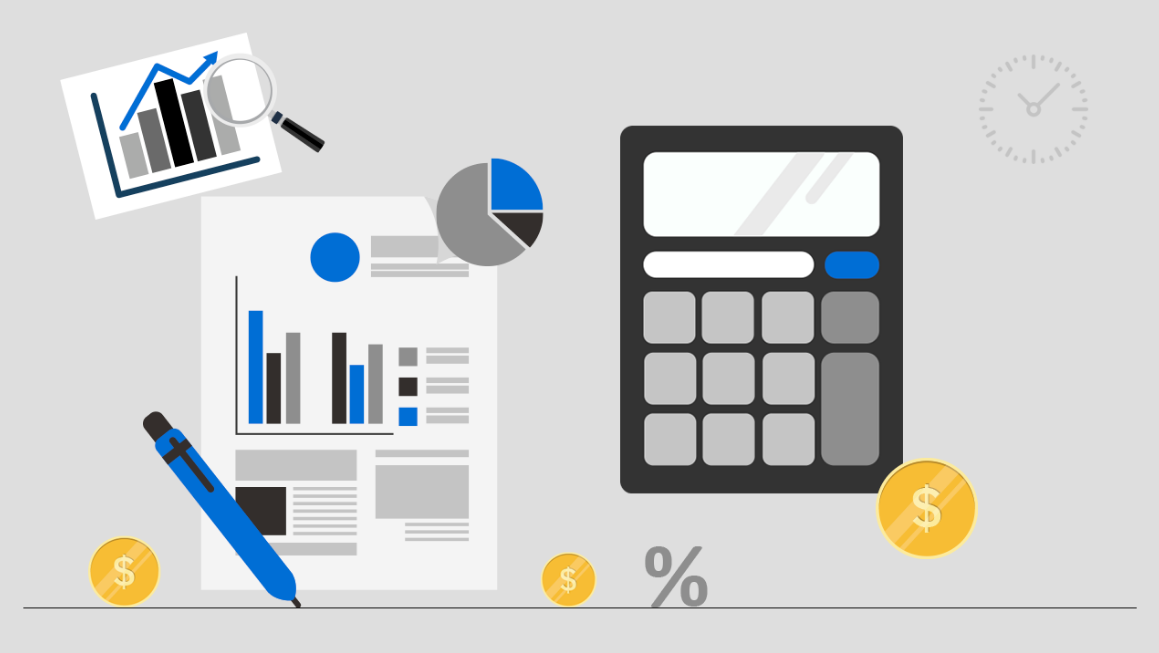As a responsible online business owner, you need a strategic and comprehensive approach to accounting for eCommerce. For a start, you must know that tax planning is an essential part of running any business. Taxes can be complex and ever-changing, and it’s crucial to stay on top of them to avoid penalties and fines.
As a safety measure, it’s worth covering your bases. So, it’s worth discussing the role of tax planning in maintaining your digital business assets.
1. Tax Treatment Of Inventory
E-businesses must consider the tax treatment of their inventory. For a start, they must keep track of their inventory and determine the cost of goods sold to calculate their taxable income. Your financial advisor can guide you on whether you should consider using FIFO or LIFO methods to value inventory.
2. Invoicing Based On The Shipping Date
Invoicing based on the shipping date is a common practice in e-commerce. This method can have tax implications as it affects the timing of revenue recognition. To minimize liabilities, businesses should consider using the accrual method of accounting. Under this method, revenue is recognized when it is earned, regardless of when payment is received.
3. Inventory Account For Payment
Online businesses should ensure that their inventory accounts are properly reconciled. This helps in identifying any discrepancies between inventory records and physical inventory counts. A properly reconciled inventory account also helps in the calculation of COGS and taxable income.

4. Billing Through A Third Party Contractor
Many businesses use third-party contractors to manage e-commerce accounting. To be on the safe side, businesses should ensure that their contractors are properly classified as independent contractors or employees.
5. Auxiliary Accounts For Business Purposes
Using personal bank accounts or other accounts for business purposes can result in taxable situations. The use of separate bank accounts for business and personal expenses also helps in tracking business expenses for tax purposes.
6. Tax Code Change Update And Summary
The tax code is subject to changes, and businesses must stay up-to-date with any updates. Businesses should also consult with tax professionals to ensure that they are taking advantage of all available deductions and credits.
Conclusion
Clearly, tax planning is a crucial aspect of accounting for eCommerce. By considering the tax implications of their accounting practices, businesses can minimize tax liabilities and ensure compliance with tax laws. In a nutshell, it’s important to stay up-to-date with any changes in the tax code and consult with tax professionals.




